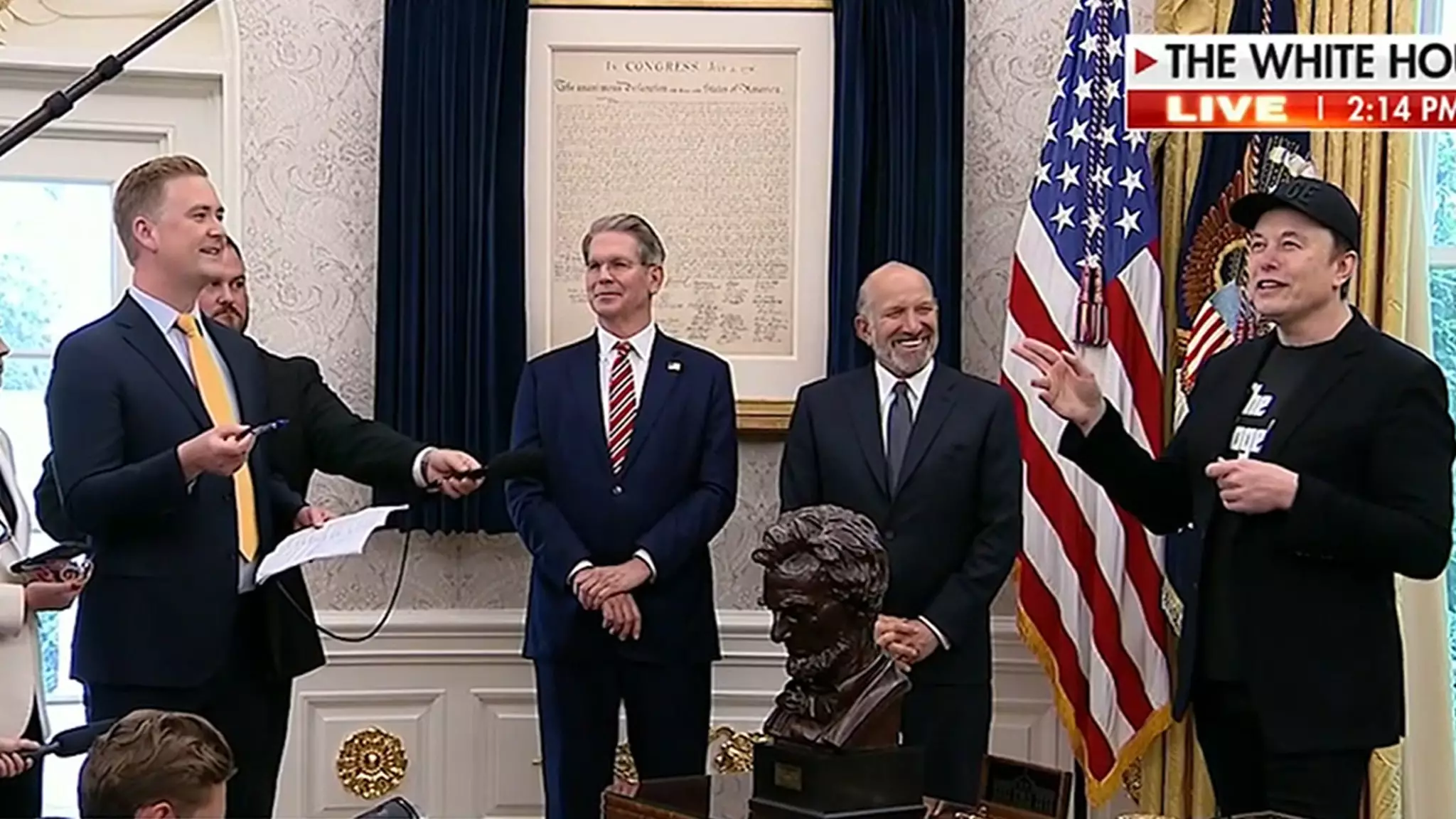In an age where media credibility is constantly scrutinized, few figures elicit as much polarized opinion as Elon Musk. The recent allegations raised by The New York Times, claiming that Musk has engaged in heavy drug use, are yet another chapter in the ongoing saga of media scrutiny versus individual reputation. The article cites sources suggesting that Musk has openly discussed his usage of ketamine and other stimulants, with claims of degenerative impacts on his health. The fallout from such accusations reaches far beyond personal distress—a fundamental conflict materializes between the media’s portrayal of public figures and the public’s perception of their integrity.
It’s essential to recognize the backdrop to this contentious assertion. Musk’s dismissal of the Times as a credible news source incites debate on journalistic responsibility. The issue at hand becomes one of credibility versus accountability: While Musk vehemently defends his lifestyle and choices, The New York Times stands firm on their report, sparking curiosity and skepticism from various corners of the public. Musk’s actions—as well as the reporting by The Times—create a fertile ground for considering how narratives around public figures are crafted and conveyed.
Elon Musk: The Master of Controversy
With every tweet, press conference, or public statement, Elon Musk commands attention—both positive and negative. His tenure at the forefront of technological advancement with Tesla and SpaceX has been shadowed by controversies, often trumpeted by the media. Musk’s response to the drug allegations illustrates his penchant for theatrics; by mocking The New York Times and its past reporting on the “Russiagate” investigation, he feels empowered to redefine the narrative, albeit in a combative manner.
However, one must question: Is Musk inadvertently lending credence to the allegations by engaging so publicly? His refusal to confront the specific details of the claims, while instead attacking the source, suggests an avoidance of accountability that is becoming increasingly typical among powerful figures. This tactic stirs public interest and animosity toward media institutions, yet it begs the question—does his ridicule mitigate the allegations or deepen them?
The Media’s Role in Shaping Perceptions
The New York Times, like other major news outlets, has the monumental task of delivering factual reporting while navigating the complexities of public figures who thrive on sensationalism. In this instance, they maintain that their reporting has stood the test of time and scrutiny, emphasizing their lack of requests for corrections on the facts presented. Their commitment to defending the integrity of their reporting reflects an underlying ethos of journalism: transparency and accountability.
Yet, in Musk’s counterattack against the Times, wherein he calls their credibility into question, we see an unsettling trend within media attire—the blurring of lines between fact and sensationalism. The public debate surrounding Musk’s drug use doesn’t just question Musk himself but the overarching framework of how media operates in the age of viral information. As audiences become more selective about which narratives to believe, the actions of both Elon Musk and the Times speak volumes about the current state of journalistic practice.
The Broader Implications of Personal Responsibility
Ultimately, Musk’s situation encapsulates a critical dialogue about personal accountability and the implications of public life. Whether one perceives Musk as a misunderstood genius or a reckless provocateur, the onus remains on him to clarify and define his lifestyle choices amidst a sea of speculation. The consequences of his statements reverberate through the very fabric of accountability within the media and the public.
As individuals grapple with the duality of personalities like Musk, so too does society need to reflect on the significance of their consumption of media narratives. In a world where everyone has the power to comment and critique, the implications become profound. The attention garnered not only affects Musk’s public image but also highlights the media’s responsibility and its inherent biases—raising the stakes for all involved. In the end, the clash between high-profile individuals and media institutions will continue to morph, keeping both sides on their toes as they navigate a landscape where perception often reigns supreme.

